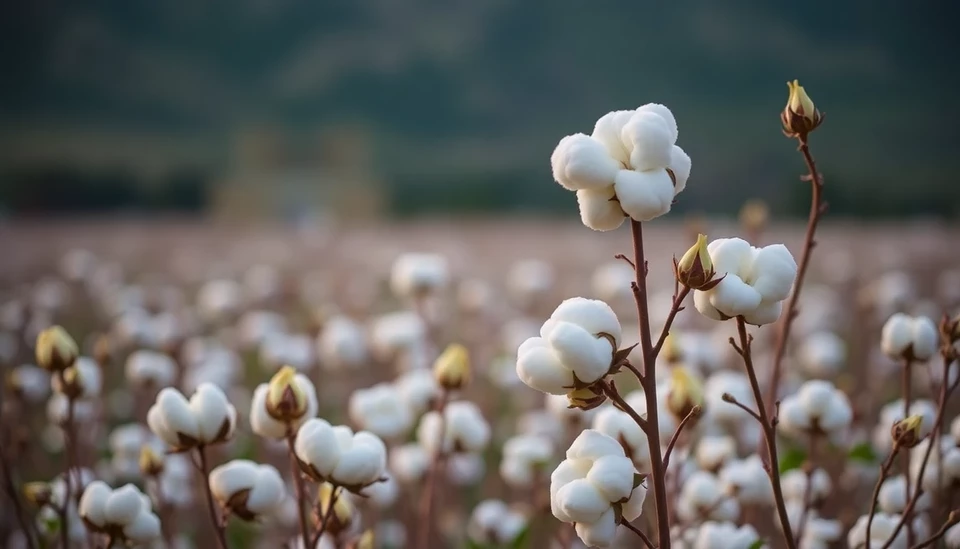
In a significant move aimed at reviving its image amidst ongoing scrutiny, the China Cotton Industry Association (CCIA) has made a public appeal to international clothing brands, including Uniqlo, urging them to incorporate Xinjiang-sourced cotton in their products. This call responds to mounting pressures from governments and advocacy groups that have raised serious concerns regarding human rights abuses in the region known for its cotton production.
The Xinjiang region has been at the center of global controversies, with accusations of forced labor involving ethnic minorities, particularly the Uyghurs. Such allegations have led several Western brands to shun Xinjiang cotton, creating a substantial economic impact on local farmers and producers. In response, the CCIA's recent statement emphasizes the quality of Xinjiang cotton and the importance of supporting local economies, urging global brands to recognize the region’s contributions to the textile industry.
This appeal signifies a broader strategy by the Chinese government to counter international criticism and assert the legitimacy of its agriculture sector. The CCIA highlighted that the region produces about 20% of the world’s cotton, making it a pivotal player in the global supply chain. By encouraging brands like Uniqlo to resume sourcing cotton from Xinjiang, the CCIA aims to stabilize local markets and alleviate the negative repercussions faced by farmers due to the international backlash.
The CCIA’s request also comes amidst a gradual shift in public perception regarding Xinjiang. With many consumers increasingly focused on sustainability and ethical sourcing, companies are being urged to reevaluate their supply chains. While global retailers have been hesitant to engage with Xinjiang products due to reputational risks, the CCIA’s outreach represents a concerted effort to change the narrative surrounding Xinjiang cotton and to promote it as a viable and ethical option.
Besides Uniqlo, the CCIA has also aimed its message at several other major global clothing brands, seeking to reignite interest in Xinjiang’s cotton supply. The association's statement underscores the need for a balanced understanding of the region’s agricultural practices, insisting that “the majority of cotton is produced under normal conditions” — a claim that aims to dispel fears of human rights violations. This is a tactical pivot crafted to protect the multi-billion-dollar cotton industry that forms a vital part of China's economy.
Experts suggest that this appeal might be a reflection of the persistent economic pressures faced by the Chinese textile sector. With major disruptions in supply chains and rising production costs, the Chinese cotton industry is looking for ways to reestablish its foothold in the international market. As brands weigh their options in an increasingly complex landscape of consumer expectations and regulatory challenges, the CCIA’s push might also illustrate the broader implications of geopolitics on global trade practices.
As this story unfolds, it remains to be seen how global brands, particularly those committed to sustainable practices and avoiding any association with human rights violations, will respond to the CCIA's encouragement to embrace Xinjiang cotton. The anticipated interactions between global retail giants and China’s cotton industry will be crucial in shaping future agricultural policies and business strategies in the region.
In conclusion, the Chinese Cotton Industry Association's appeal to brands like Uniqlo marks a pivotal moment in the ongoing narrative surrounding Xinjiang cotton. As both opportunities and challenges emerge for the global textile industry, the situation remains dynamic and fraught with implications for human rights, economic stability, and consumer perceptions.
#ChinaCotton #XinjiangCotton #Uniqlo #HumanRights #SustainableFashion #GlobalSupplyChain #TextileIndustry
Author: Samuel Brooks




